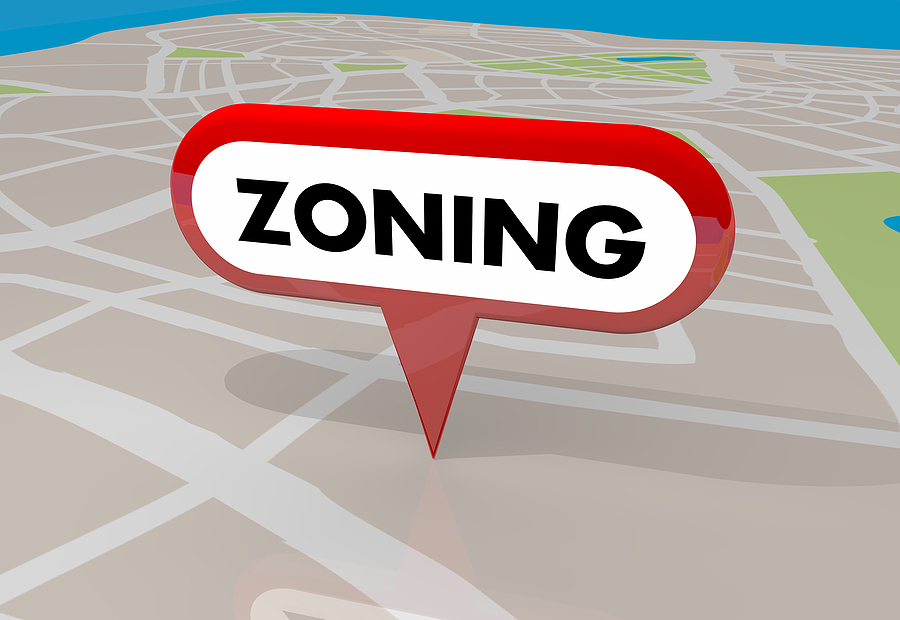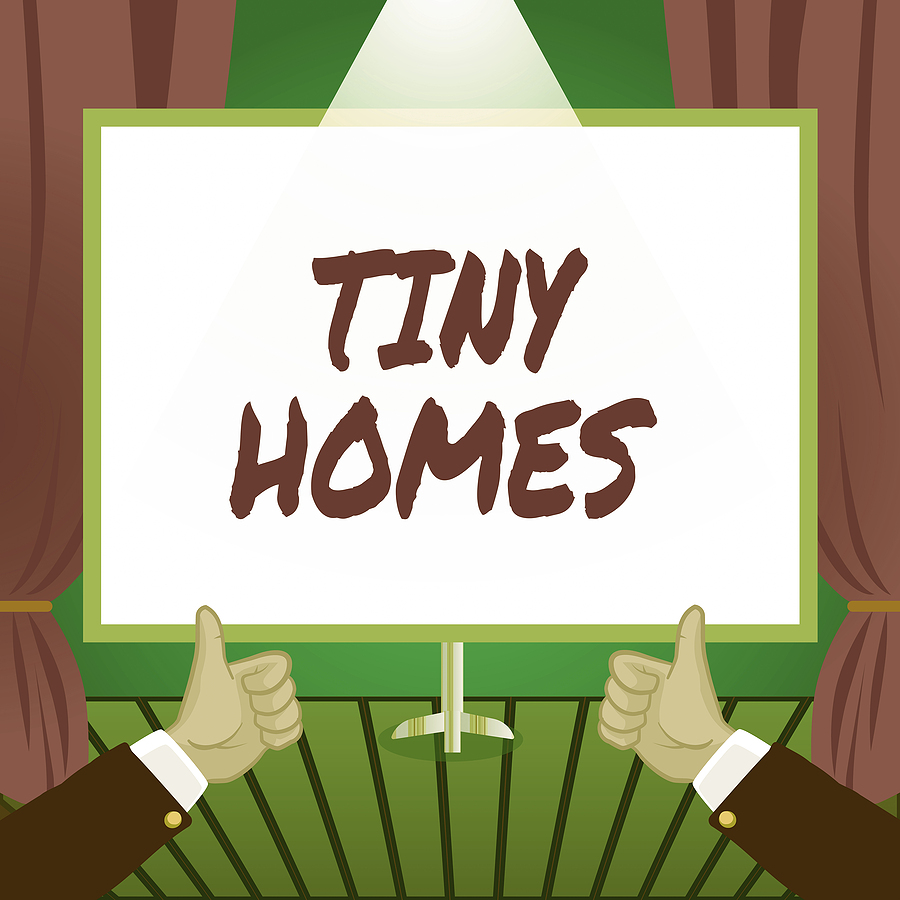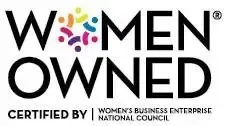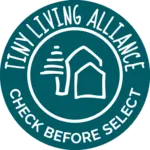TINY HOME ZONING
Standards You Can Trust, Homes You’ll Love.
Certification is one of the most important steps in ensuring your investment meets recognized tiny home safety and quality standards. A certified tiny home provides peace of mind by verifying that your home complies with building codes and industry best practices. Certification also makes financing and insurance easier, as many lenders and insurers require homes to meet specific standards. Beyond safety and compliance, certification adds long-term value to your investment by increasing resale potential and buyer confidence.
At Snake River Tiny Homes, we proudly offer homes certified through National Organization of Alternative Housing (NOAH), a leading authority in tiny home inspections. NOAH certification involves rigorous checks throughout the build process, ensuring structural integrity, electrical safety, plumbing compliance, and more. With NOAH+ standards, your home is inspected across five critical areas—structure, electrical, plumbing, HVAC, and safety—giving you confidence that your tiny home is built to last.

How Zoning Affects Tiny Homes
Zoning laws play a critical role in determining where you can legally place your park model or tiny home. These regulations vary widely across states, counties, and even individual cities, and they dictate everything from minimum square footage requirements to whether a tiny home can be considered a permanent residence.
In many areas, tiny homes on wheels (THOWs) are classified as recreational vehicles, which sometimes limits them to RV parks or designated campgrounds depending on the local ordinances. Understanding these rules before purchasing a tiny home is essential to avoid costly mistakes and ensure your home meets all legal requirements.
States and Cities Embracing Tiny Living
While some municipalities maintain strict zoning laws, others are actively embracing the tiny home movement as a solution to housing shortages and affordability challenges. States like Texas, Oregon, and California have introduced progressive policies that allow tiny homes in certain residential zones or as part of planned tiny home communities. Rural counties in states such as Idaho, Arkansas, and Arizona often offer more flexibility, making them attractive options for those seeking off-grid or minimalist living. However, even in tiny-home-friendly states, local ordinances can differ dramatically, so it’s crucial to research your target area thoroughly. Some cities, like Portland and Fresno, have gone a step further by creating zoning allowances specifically for small dwellings, making them ideal locations for tiny home enthusiasts.


Tiny Homes as Accessory Dwelling Units (ADUs)
One of the most promising pathways for legal tiny home placement is through Accessory Dwelling Unit (ADU) regulations. Many municipalities now permit tiny homes as ADUs, allowing homeowners to add a small secondary dwelling on their property. This option is particularly popular in urban and suburban areas where housing costs are high, as it provides additional living space for family members or rental income opportunities.
Jefferson County, Idaho, for example, will not allow stand-alone tiny homes but will allow them as an ADU. If you’re considering a tiny home as an ADU, check your local zoning code and building requirements to ensure your project aligns with municipal regulations.
Ready to design your tiny home? Contact Snake River Tiny Homes today to learn more about zoning regulations in your area and start your journey with confidence!
FAQ: Tiny Home Zoning
Q1: Why is tiny home certification important?
Certification ensures safety, quality, and compliance with building codes. It also helps with financing and improves resale value.
Q2: What is NOAH certification?
NOAH provides third-party inspections during construction to verify compliance with national safety and building standards.
Q3: What does the NOAH+ Standard inspect?
NOAH+ reviews structure, electrical, plumbing, HVAC, and safety systems throughout the build process.
Q4: Can certification help with financing?
Yes! Many lenders require certified homes for loan approval, making certification essential for financing.
Q5: Does Snake River Tiny Homes offer certified homes?
Absolutely. We partner with NOAH to ensure every tiny home and park model meet strict certification standards.
Learn More About Tiny Homes Today
With traditional real estate prices skyrocketing across the country, now is an excellent time to buy a tiny home for yourself or as an investment for Airbnb purposes. Let Snake River Tiny Homes help you own a place to call home today.


Quick Links
Showplace
New Showplace Location:
7871 South 400 West, Rexburg,
Idaho 83440
Copyright 2024 Snake River Tiny Homes | Privacy Policy |Terms & Conditions
